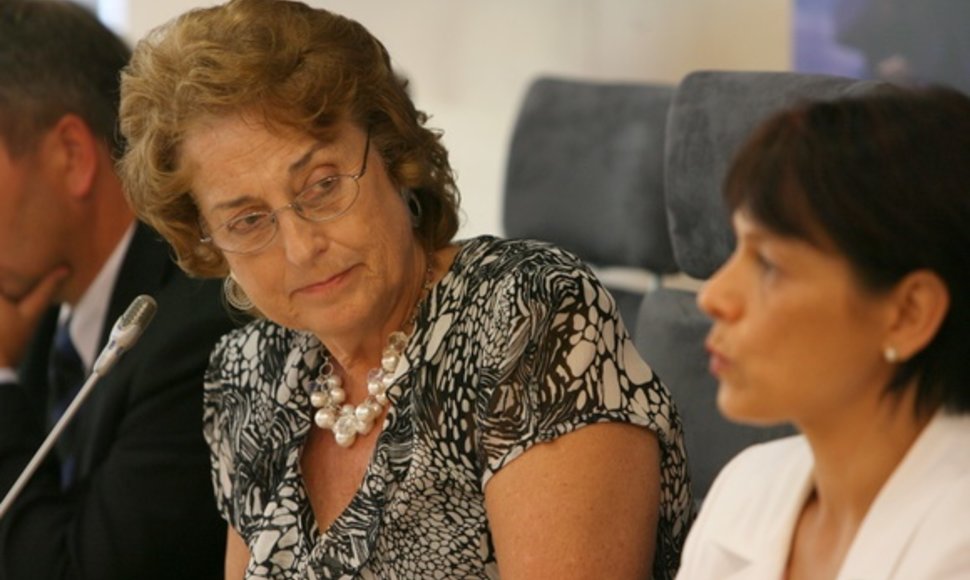"Of course, this (legalization of dual citizenship) will happen. The question is whether there is enough political will for this. This parliament did not have it, this doesn't mean the next parliament won't," Narušienė told journalists on Tuesday. She is attending the community's 14th meeting in Vilnius.
In her words, forcing a person choose one citizenship takes away his or her natural rights.
Narušienė said dual citizenship could be allowed by law, without the need to revise the Constitution.
"The Citizenship Law that has been adopted is just the first step forward. (…) Changes and improvements are possible to the Citizenship Law, but we must admit the natural right of a person of Lithuanian origin to keep his or her Lithuanian citizenship," she said.
Meanwhile, Parliamentary Speaker Irena Degutienė and former president Valdas Adamkus emphasized that the country's main law had to be changed to allow a Lithuanian citizen hold citizenship of another country, as Lithuania's Constitution stipulates that nobody should be citizen of Lithuania and another country at the same time, barring a few exceptions.
The provision is envisaged in the first chapter of the Constitution, which can only be changed by a referendum.
During a visit in the United States in May, Lithuania's President Dalia Grybauskaitė told the Lithuanian community in Chicago she had been forced to veto the dual citizenship law due to conclusions received from constitutional law experts.
In the fall of 2006, the Constitutional Court ruled that the country's main law provides for dual citizenship as a rare exception, declaring laws allowing dual citizenship as running against the country's Organic Law. The provision on the Lithuanian citizenship is within the part of the document which can only be changed by way of a referendum.
Under the current Citizenship Law, dual citizenship is allowed to those who left Lithuania before it declared independence in 1990, as well as those who acquired the citizenship automatically – through birth or marriage. However, those having dual citizenship from birth have three years after turning 18 to pick one citizenship they want to keep. Dual citizenship is not allowed to those who fled Lithuania after 11 March 1990 or intentionally acquired citizenship of a foreign country.
Parliament had adopted a new version of the Citizenship Law which allowed dual citizenship to emigrants who had become citizens of the European Union (EU) and NATO countries, but Grybauskaitė vetoed it saying it would not hold up to constitutional scrutiny.


















